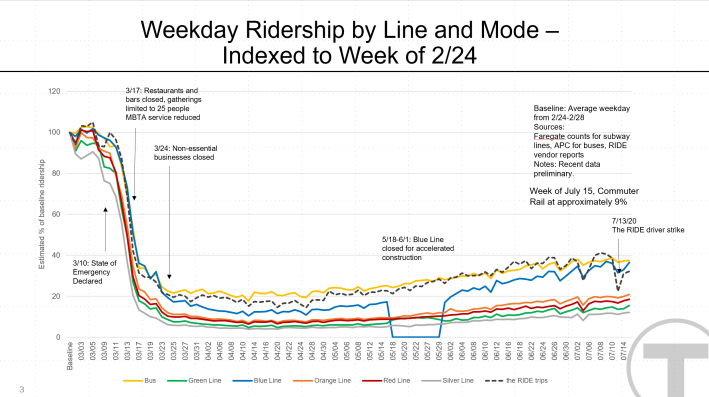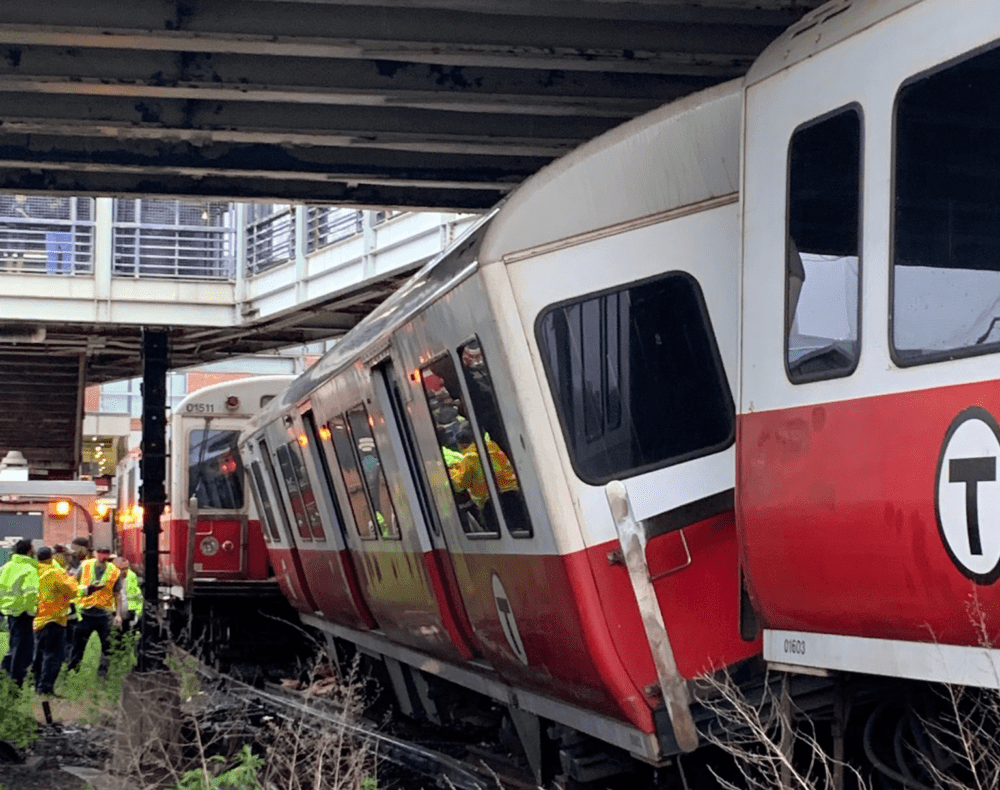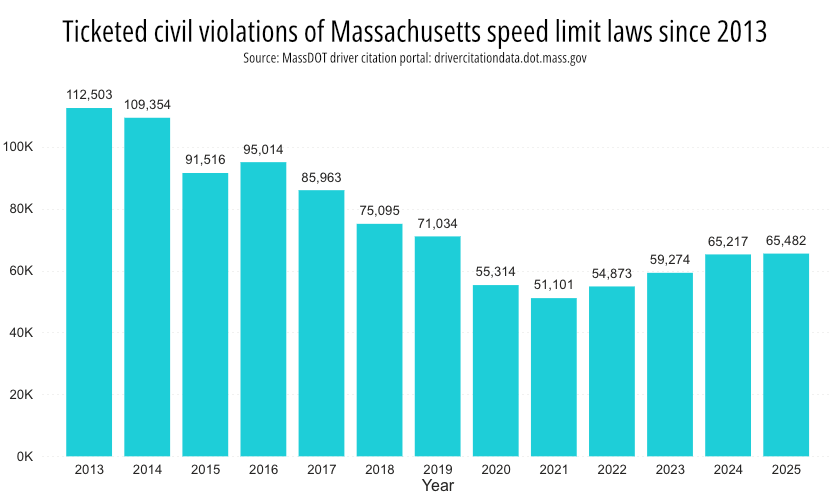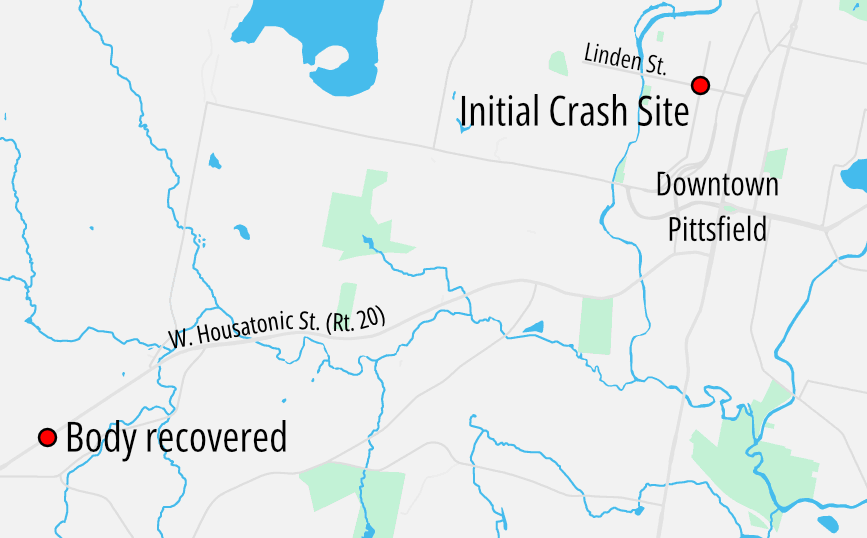Editor's note: this story was originally published in August; we're featuring it again today to provide some context to the T's proposed service cuts. Some of the budget projections for 2021 and 2022 have changed, but those projections remain very uncertain.
Budget experts and T advocates warn that dire structural budget shortfalls could force major service cuts on the MBTA if politicians in Washington or Beacon Hill can't come through with additional funding for transit.
Six months into the COVID-19 pandemic, ridership on MBTA buses remains under 40 percent of typical levels, while ridership on subways and commuter rail lines are even lower.
In 2019, the T collected $762 million from rider fares, parking fees, and other revenues – enough to cover roughly one-third of its operating expenses that year.
But in fiscal year 2021 (which began on July 1), the T expects to collect only $229 million in operating revenue – more than half a billion dollars less than usual.

In a June report, the Massachusetts Taxpayers Association estimated that the T's budget shortfall for 2022 could reach $400 million, and warned that "the MBTA is lurching towards another financial crisis, one that this time could prove existential."
The MBTA's Chief Finance Officer is scheduled to lead a discussion of the agency's 2022 budget when the re-constituted MBTA Fiscal and Management Control Board meets again on August 24, after a two-month hiatus.
That the T is already discussing its 2022 budget in the summer of 2020 – more than ten months before that budget would take effect – is in itself a sobering indicator of how serious the T's financial outlook is. In typical years (and even in 2020), preliminary budget discussions typically begin in March.
For the next few months, the T can rely on federal relief funds to shore up its budget. But that funding won't last much longer.
Lisa Battiston, an MBTA spokesperson, says that the federal CARES Act passed in late March provided $827 million to the MBTA. About $250 million had already been spent at the end of fiscal year 2020; the T plans to spend the remaining $577 million by June 30, 2021.
"The fiscal year 2021 budget is balanced," wrote Battiston in an email to StreetsblogMASS. But she also implied that the T might start cutting some expenses in the coming months, in order to blunt the impact of future budget deficits.
"With the start of FY22 still 11 months away, the MBTA has adequate time to make informed decisions that can mitigate expenses and build a reserve to avoid harsher budget decisions later," wrote Battiston.
The T has already throttled back on various pre-pandemic initiatives to improve transit service by postponing planned hires for its "rail vision" and bus network redesign projects.
The T has also delayed some hiring for new maintenance and inspections staff, which had been a top priority after a 2019 safety audit accused the T of having a “disorganized schedule for inspections and preventative maintenance.”
Stacy Thompson of the LivableStreets Alliance says that it's up to political leaders – not the T's management – to fix the transit agency's structural deficits (disclosure: Thompson also serves on the board of StreetsblogMASS).
"Long before the pandemic, we were arguing that being overly reliant on fares was an inherent risk," said Thompson in a phone conversation on Thursday. "Yes, we are very concerned that key programs might be cut or reduced, but it's unreasonable to expect the T's management or the FMCB to solve this problem on their own. The legislature and Governor need to step up and fund this service adequately for the long term, no matter what lawmakers in Washington might do."






